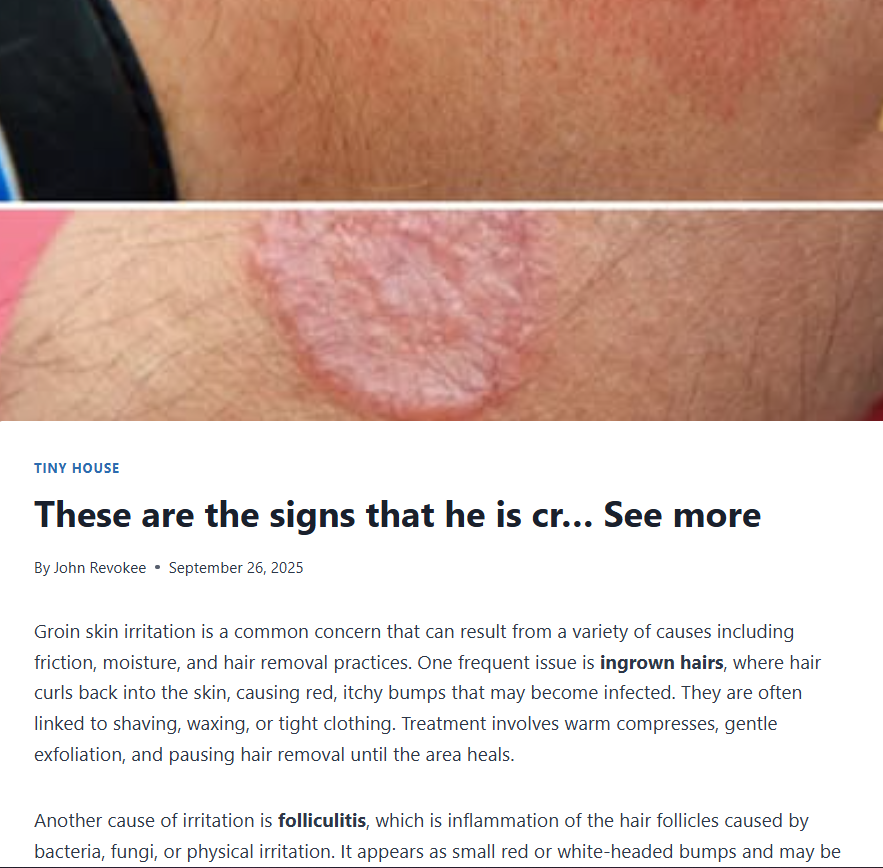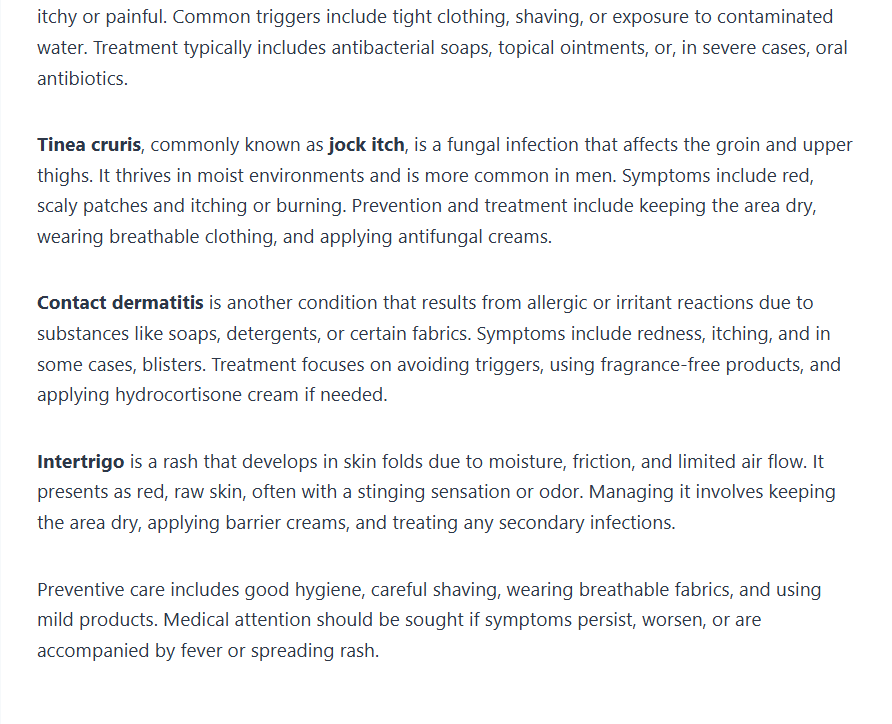Informed consent is a cornerstone of modern healthcare and research. It ensures that individuals understand and voluntarily agree to medical procedures, treatments, or participation in clinical trials. However, when it comes to minors—individuals under the legal age of majority—obtaining informed consent becomes more complex. Children and adolescents are still developing cognitively, emotionally, and legally, raising unique ethical and legal questions about autonomy, parental authority, and best interests.
This article explores the principles, challenges, and evolving practices of informed consent in minors.


What Is Informed Consent?
Informed consent requires three main components:
- Disclosure: The healthcare provider must share adequate information about the proposed intervention, including benefits, risks, and alternatives.
- Understanding: The patient must comprehend this information.
- Voluntariness: The decision must be made freely, without coercion.
For adults, this process empowers autonomy. For minors, whose decision-making capacity is not fully developed, the situation is more nuanced.
Consent vs. Assent
- Consent: A legally valid authorization given by an individual with full capacity.
- Assent: The agreement of a minor who is not legally able to provide consent but can understand, to some degree, what is being proposed.
In practice:
- Parents or legal guardians usually provide consent.
- Children, depending on their age and maturity, are asked for assent.
This dual approach respects the minor’s emerging autonomy while ensuring legal and ethical safeguards.
Legal Framework
1. Parental/Guardian Authority
By law, parents or guardians typically provide informed consent for minors. They are expected to act in the child’s best interests.
2. Age of Majority
The legal age for independent consent varies across countries but is usually 18. Some jurisdictions allow younger adolescents to consent under specific circumstances.
3. Mature Minor Doctrine
In many regions, older adolescents deemed sufficiently mature may provide informed consent for certain medical decisions, such as mental health services, reproductive healthcare, or treatment for substance abuse.
4. Emancipated Minors
Minors who are legally emancipated—through marriage, military service, or court order—are treated as adults and can make medical decisions independently.
Ethical Considerations
- Best Interests of the Child
Parents and healthcare providers must prioritize the child’s health and well-being when making decisions. - Respect for Developing Autonomy
As children grow, their capacity to understand medical information increases. Ethical practice encourages involving minors in decisions to the extent possible. - Avoiding Coercion
Both parental influence and medical authority should not pressure minors into decisions against their will. - Balancing Confidentiality and Parental Rights
Adolescents may seek sensitive care (such as sexual or mental health services) where confidentiality is vital. Laws and ethics often support limited autonomy in these cases.
Informed Consent in Medical Treatment
- Young Children (0–7 years): Lack the ability to provide meaningful assent. Parents or guardians provide consent.
- School-Age Children (7–12 years): Can often understand simple explanations. Providers should seek assent in addition to parental consent.
- Adolescents (13–17 years): Increasingly capable of adult-like reasoning. In some cases, they can legally consent, particularly when confidentiality is key.
Informed Consent in Research
Research involving minors requires additional safeguards:
- Parental Consent: Essential in nearly all cases.
- Child Assent: Required whenever the child is capable of understanding.
- Institutional Review Boards (IRBs): Must ensure studies are ethical, with minimal risk to child participants.
- Right to Withdraw: Even if parents consent, children should be allowed to withdraw from research if they wish.
Challenges in Practice
- Disagreements: Parents and children may disagree, raising questions about whose voice should prevail.
- Cultural Variations: In some societies, family or community decision-making may outweigh individual autonomy.
- Complex Treatments: When the risks are high (e.g., surgery, chemotherapy), the ethical weight of a minor’s assent becomes significant.
- Emerging Technologies: Genetic testing, fertility preservation, and advanced therapies raise new consent dilemmas for minors.
Toward a Balanced Approach
Healthcare professionals aim to balance three principles:
- Protection: Safeguarding minors from harm through parental and professional oversight.
- Autonomy: Respecting a child’s right to participate in decisions about their body and health.
- Beneficence: Ensuring choices made serve the child’s best interests.
Open communication, age-appropriate education, and trust-building are essential. Physicians are encouraged to involve minors in discussions, explain in simple terms, and listen to their concerns.
Conclusion
Informed consent in minors is not a straightforward process—it is a careful balancing act between legal authority, ethical responsibility, and respect for developing autonomy. While parents or guardians hold primary responsibility for consent, children and adolescents should be engaged through assent and shared decision-making whenever possible.
As society increasingly values children’s rights and voices, the practice of informed consent in minors continues to evolve. By combining legal safeguards with ethical sensitivity, healthcare providers can protect vulnerable populations while empowering young patients to become active participants in their own health journey



